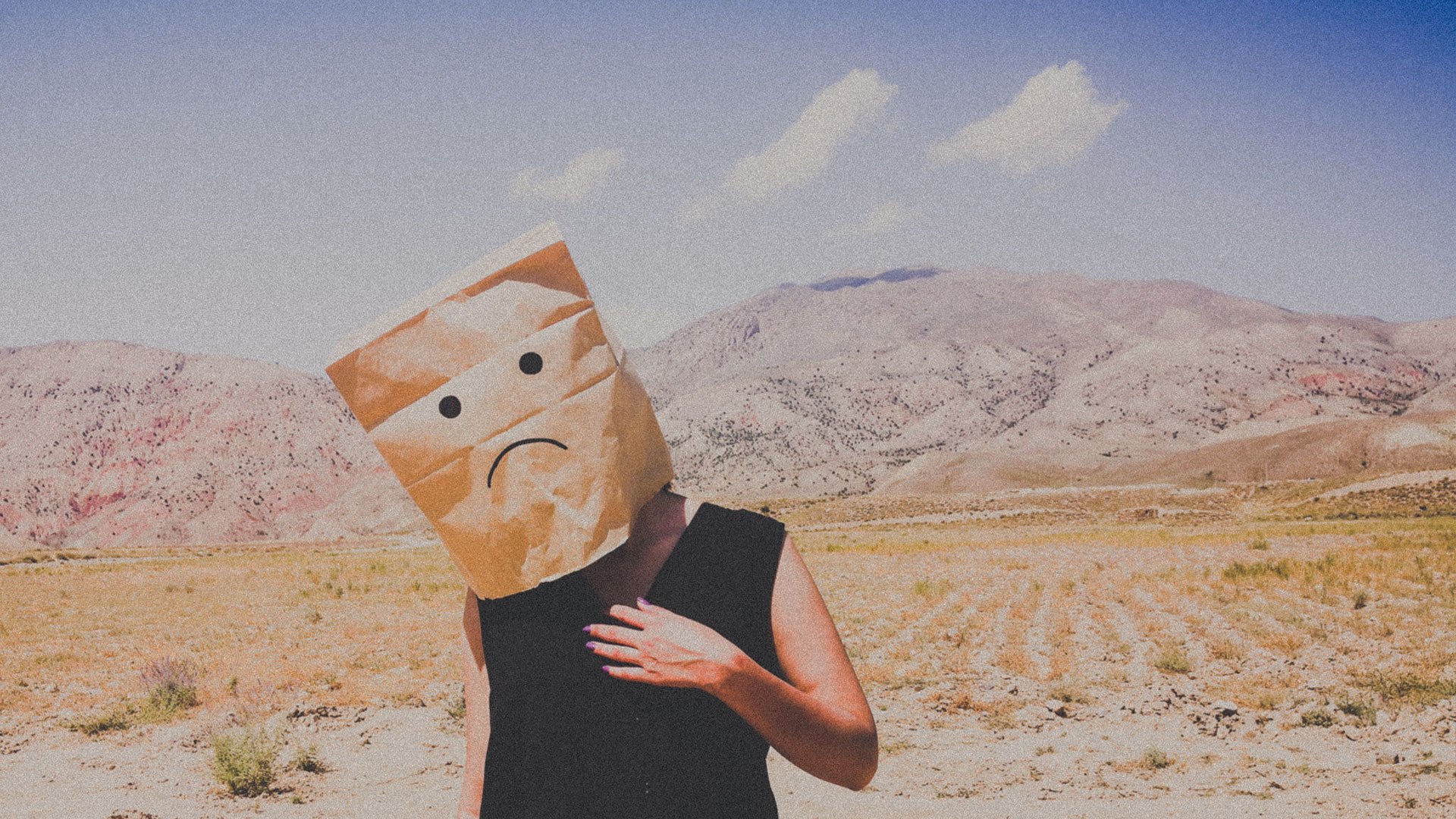Am I being a bad friend?
FIXING FRIENDSHIP ANXIETY: HOW TO DEAL WITH GUILT IN YOUR FRIENDSHIPS
(Arash Paya / Unsplash)
There’s this tricky (and sometimes contradictory) relationship between mental health conditions and friendship. We know that having supportive friends can reduce the symptoms of mental health conditions like anxiety and depression. At the same time, mental health conditions can make it harder to maintain strong friendships. It’s not because you’re any less loveable — sometimes your symptoms just make it challenging to get and stay connected.
For example, if you’re going through a depressive episode and struggle to even find the energy to care for yourself, you may be tapped out when it comes to your friendships. Or maybe your anxiety makes you second-guess everything you say or do with your friends. You might feel like you’ve upset them or worry that you’re ruining your friendships somehow. But there are things that you can do to improve your friendships — or the way you view them.
Introducing our Fixing Friendship Anxiety series: your guide to managing friendships when mental illness makes you feel like you’re doing it wrong. Here’s what to do when you’re wracked with guilt and feeling like you’re not being a very good friend.
I feel like I’m a bad friend.
Ask yourself some questions. So you have this feeling. But feelings aren’t reality. One study found that people with anxiety view their friendships more pessimistically than their friends do. The people with anxiety rated the quality of their friendships lower, while their friends rated them higher. Here’s a series of questions that can help you work through whether what you’re feeling is actually grounded in reality.
Why do you feel like a bad friend? What specifically do you think you did that was harmful?
Why did you think this was harmful? Did your friend tell you that it was?
Have you ever felt this way in your friendships before? If you have, how did it work out that time? Was your friend actually upset with you?
Put yourself in their shoes. If you’re having trouble with guilt, a good exercise is to try and see things from their perspective. Imagine that a friend behaved the way you did. How would you feel about it? So if you’re feeling guilty about canceling plans because you were feeling too low-energy, imagine that the tables were turned. Would you be disappointed? Would you understand and empathize? Would you communicate those feelings to your friend?
Talk back to your thoughts. Sometimes your thoughts on a situation aren’t the most accurate — they’re just the first ones you had. Practice talking back to that first, reactive thought. You don’t have to replace it with positivity. Neutrality and curiosity is enough. So if you think, “I’m a bad friend,” try to respond with something like, “Okay. That’s a thought I’m having. But I’m not sure about that.” Treat that guilty voice in your head like the obnoxious kid in class who always has to play devil’s advocate.
Communicate. This may come as a shocker, but the best way to know if your friend is upset with you is to ask them. Yeah, you could just straight up ask if they’re mad, but if that feels too direct, just focus on making it a safe space for them to open up — even if that means being in conflict. Model the behavior that you want them to do. So if you want them to be honest about their feelings, be open about your own. Let them know that they can come to you if you did something to upset them, and that it won’t change the way you think about them. Learn how they communicate the best (whether that’s over text or phone or in person) and meet them there.
Apologize if you need to. If you come to the conclusion that you really did do something to upset your friend, stop the guilt spiral and apologize. Ask them what you can do differently next time, and then truly take it to heart. And remember that just because you did something hurtful, it doesn’t make you a bad person or a bad friend.
WHAT TO TELL YOURSELF:
“My friends don’t have to agree with everything I do. I don’t agree with everything they do, and I still love and appreciate them.”
“To be a good friend to other people, I need to be a good friend to myself first. My friends understand that because they know me and they love me.”
“I’ve made opportunities for my friends to talk to me about our relationship. If they’re upset with me, they will tell me. I trust my friends.”
WHAT TO TELL THEM:
“Did that thing I said last night land wrong? I have a feeling it may have come across as insensitive, and I wanted to check in with you.”
“Hey, I feel like we’ve been a little distant from each other lately. Is there anything on your mind?”
“Something I appreciate about our friendship is that we can be open about our feelings. If I’m ever doing something that makes you feel bad, you can always come talk to me about it.”
—
You deserve friendship. You deserve to be loved for your authentic self — and that includes your mental health conditions. With communication, intention, and honesty, you can ease your friendship anxiety and show up for your friends in a way that feels good for everyone. Check out the rest of our Fixing Friendship Anxiety series for more.

